Some individuals, according to the American Kennel Club’s website, live with conditions that necessitate “the presence of a dog” in order to live their lives as fully as they can.
Emotional Support Animals, according to the ESA Registration Of America, offer a sense of companionship. The website said that ESA helps alleviate any sense of loneliness that their owners might feel.
ESAs, according to the US Service Animals’ website, are animals that assuage someone just by means of remaining a presence for that person.
Freshman interior design major Charles Ellsworth said that these animals can help alleviate and manage effects of conditions like bipolar disorder or depression.
“You get depression, and I suffer from BPD,” Ellsworth said. “So I kind of always have went to my cats or animals throughout my life for comfort.”

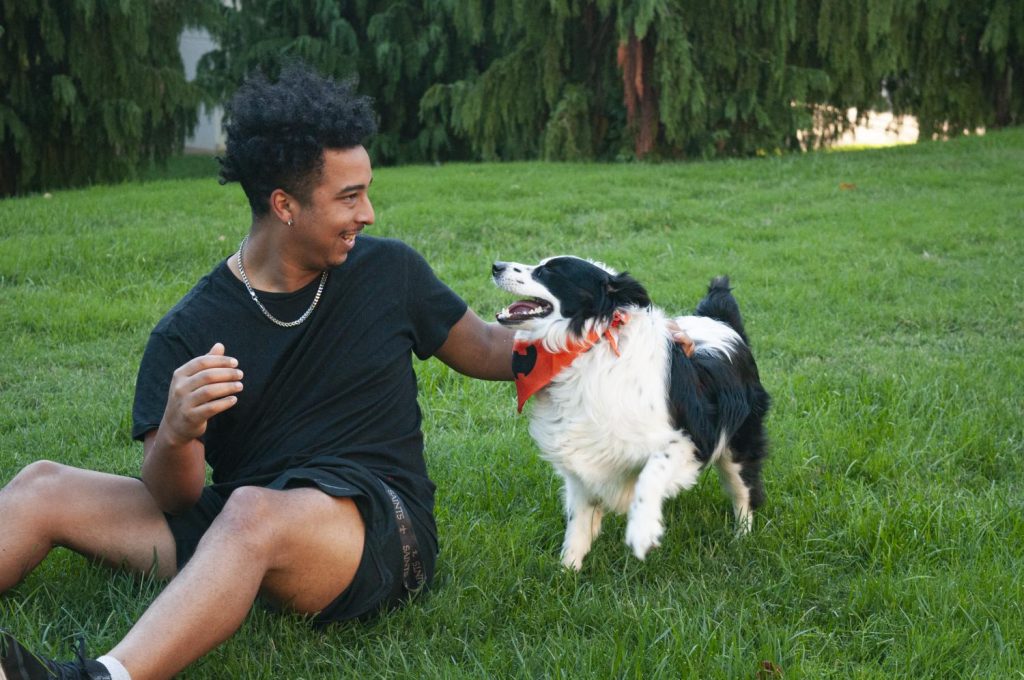
Sophomore Jonathan Jofre from New Orleans, Louisiana, said he has an Australian Shepherd ESA named KB.
Jofre said that KB “loves to walk” with him on the Hill. He said he helps him to feel more extroverted when talking to other people.
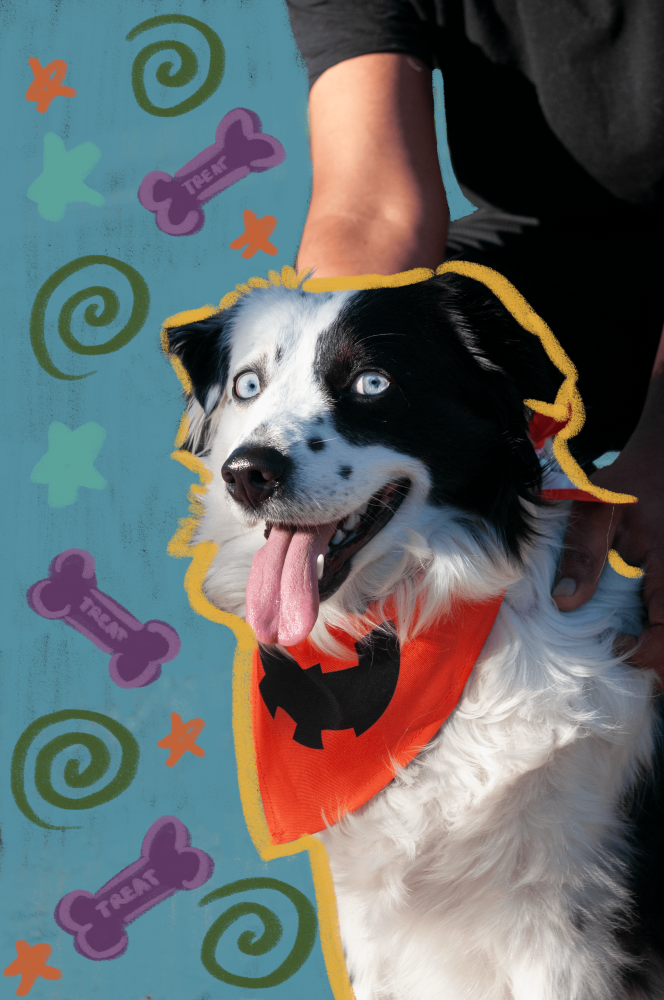
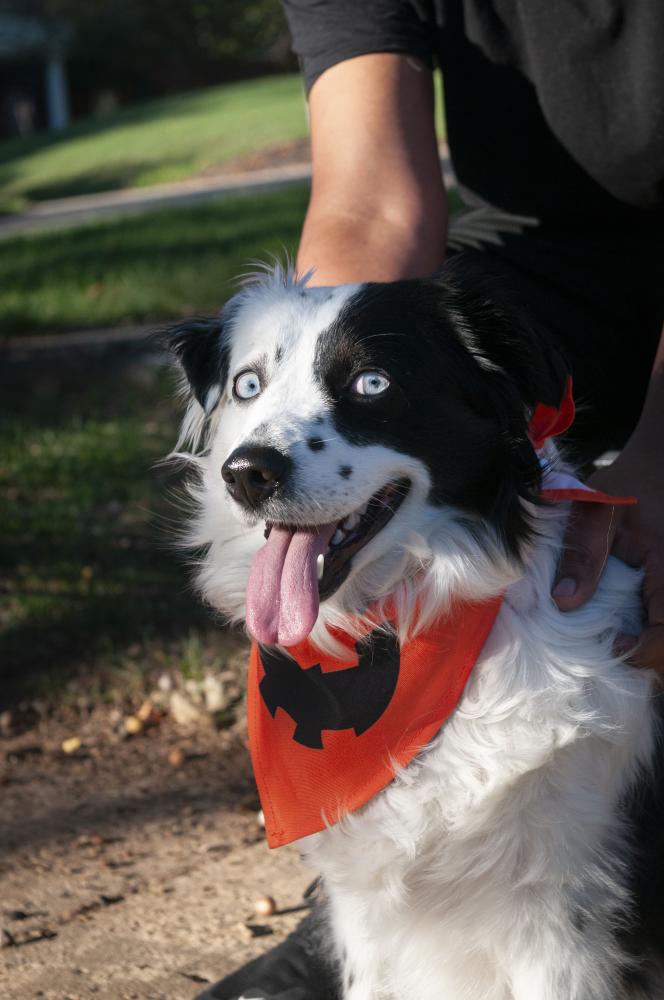
“He just helped me be calm, because I’m not,” Jofre said. “I would say he definitely helps with me interact[ing] with more students than I would without him, because everybody just sees a cute dog.”


Ellsworth said he has a short-haired black cat named Midnight.
“During a stressful day or stressful week, he usually sits near me or sits on my feet and calms me down, because my brain races,” Ellsworth said.
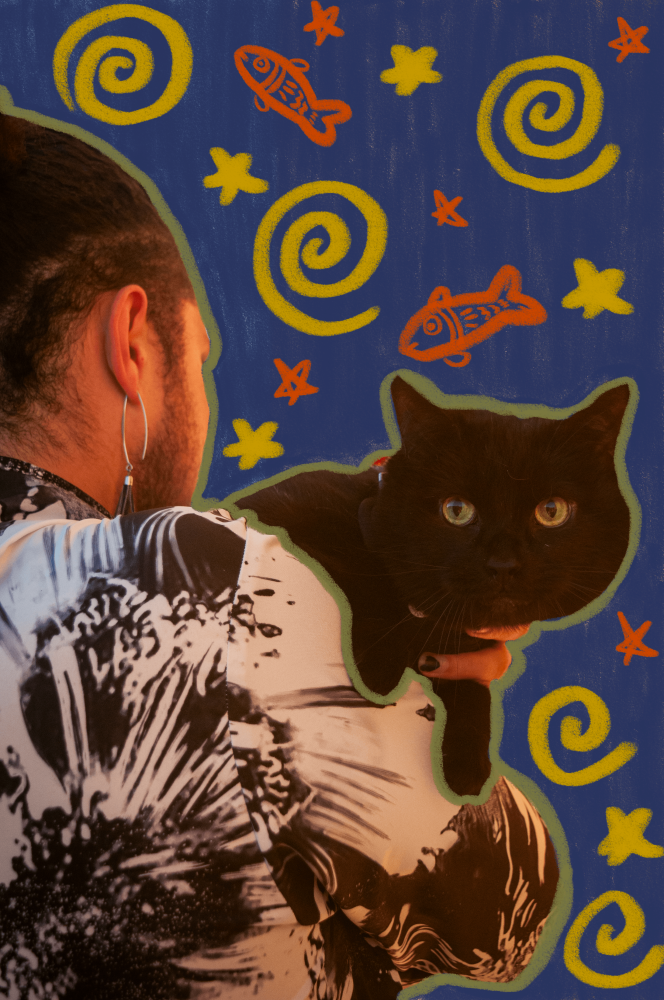
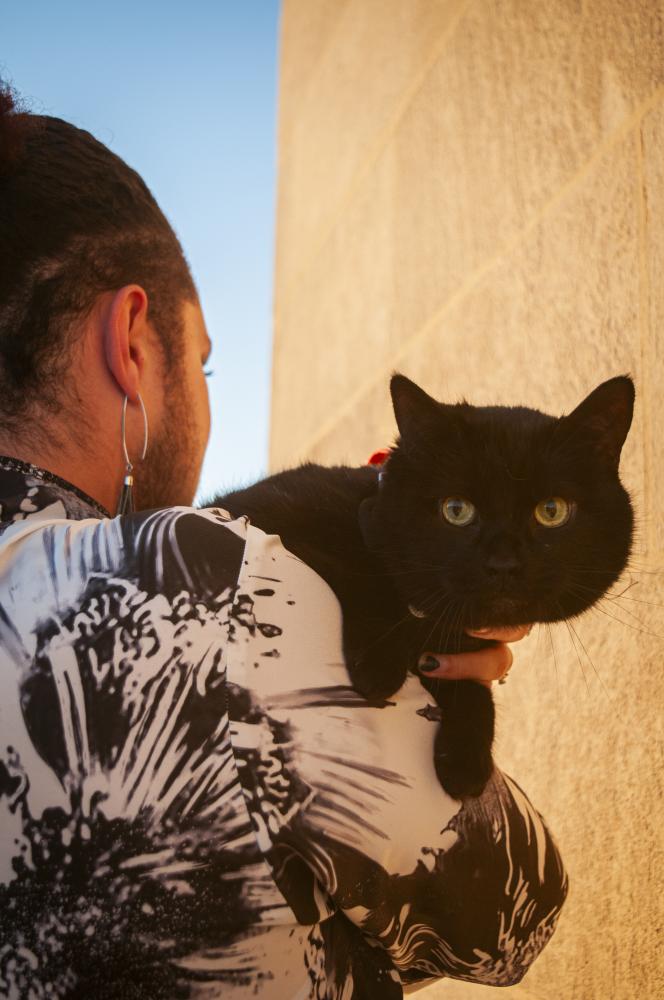
Senior Emily Arnett, a previous Talisman staff member, is from Tompkinsville, Kentucky. She said she has had her ESA cat named Grayson for the past year.
Arnett said she finds the task of looking after a pet makes moving significantly less emotionally burdensome for her.
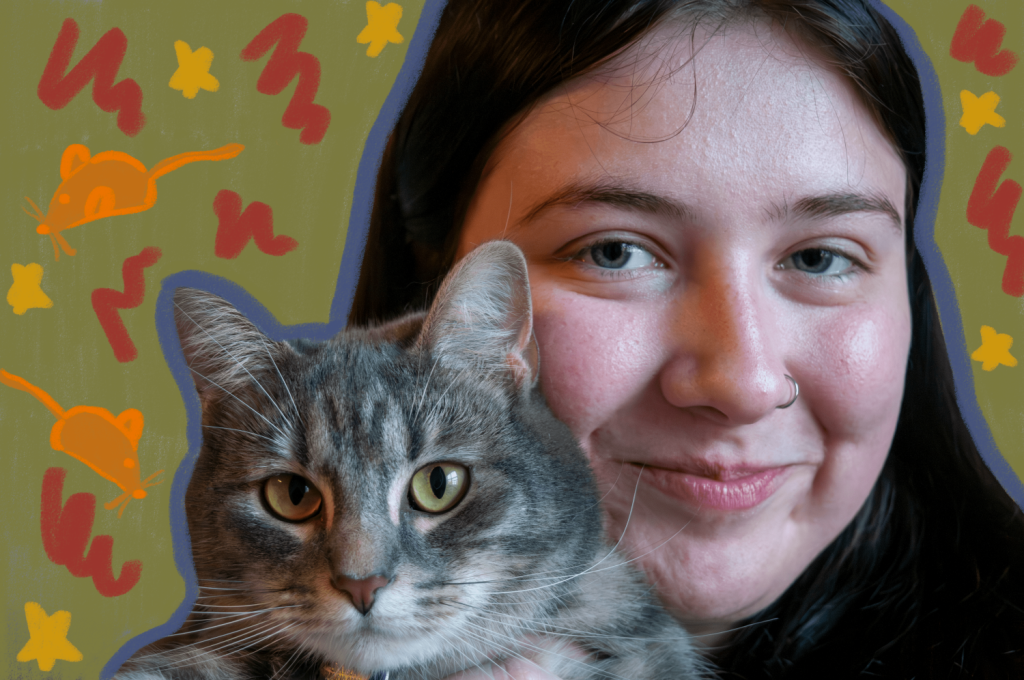
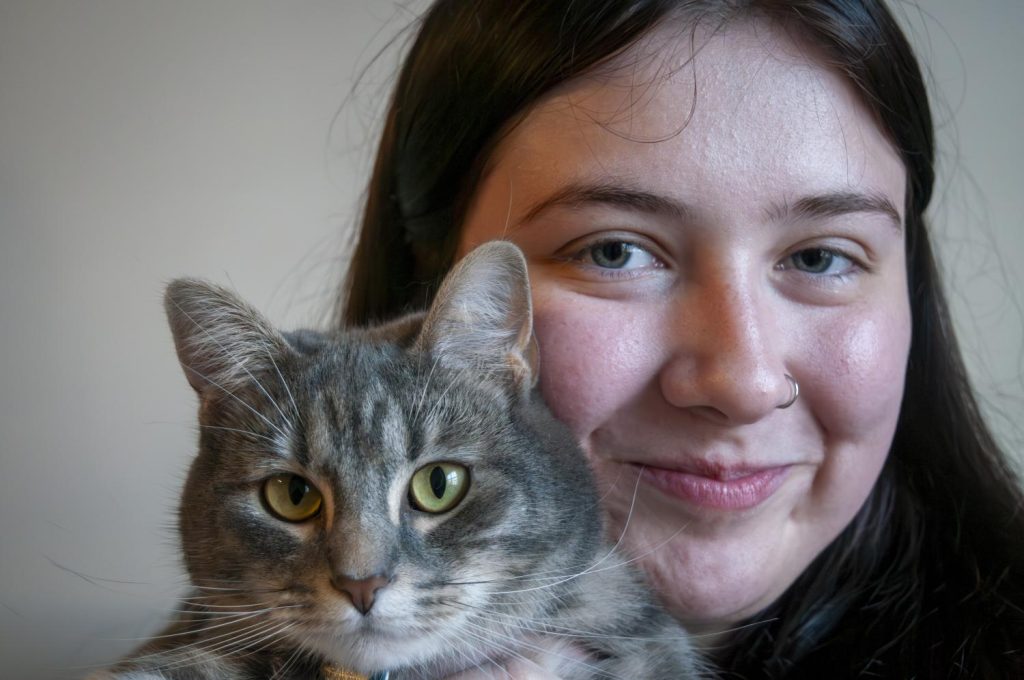
“I got him just because I needed something to take care of,” Arnett said. “Being able to take care of something just makes Mondays go easier.”
Arnett said she often felt bored and struggled to make friends at college before adopting Grayson.

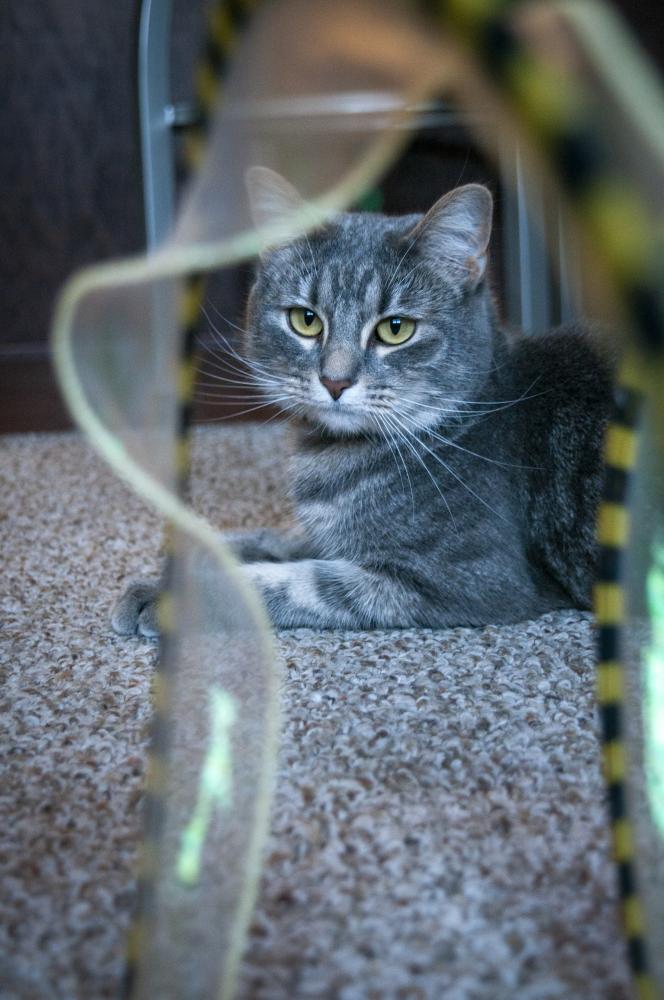
“Sometimes it’s hard to make friends on a college campus,” Arnett said. “But after I got him, it’s just like companionship, like having something with you all the time.”
Now, she said she benefits tremendously from having her cat keep her company. While she has moved to and from several places, she said he has helped her remain adaptable.
“It makes me feel better,” Arnett said. “I feel like a lot of cats get really nervous when they go to a new place, but he doesn’t.”
For more information about ESAs and ways to register them, visit the US Service Animals website.





